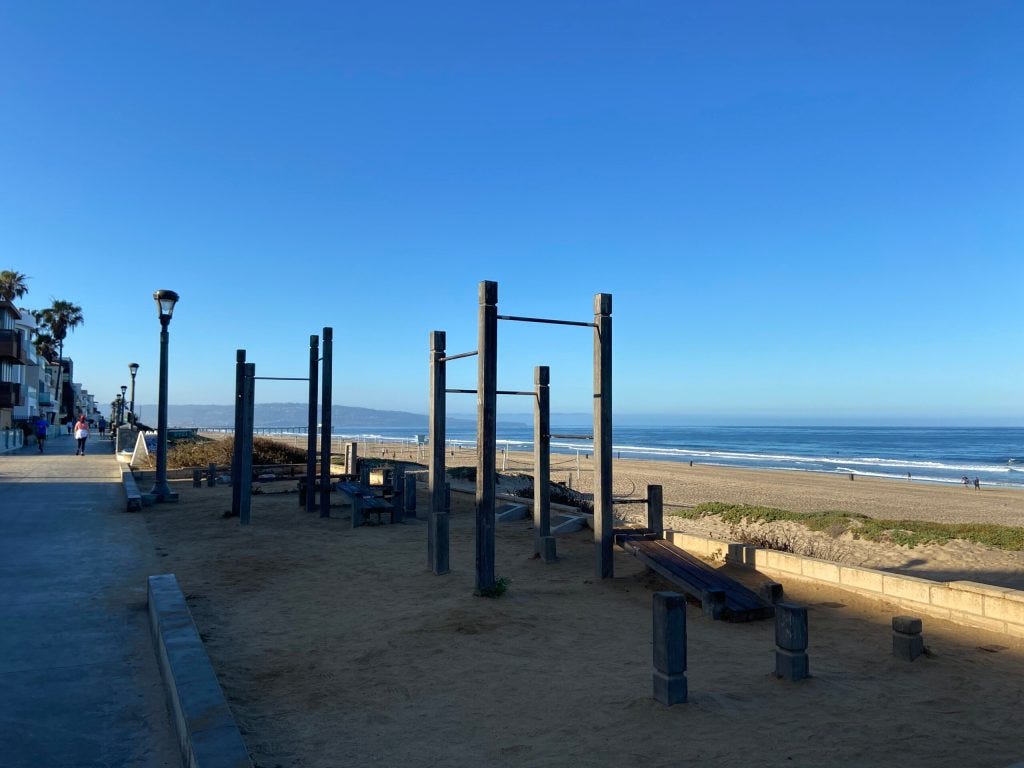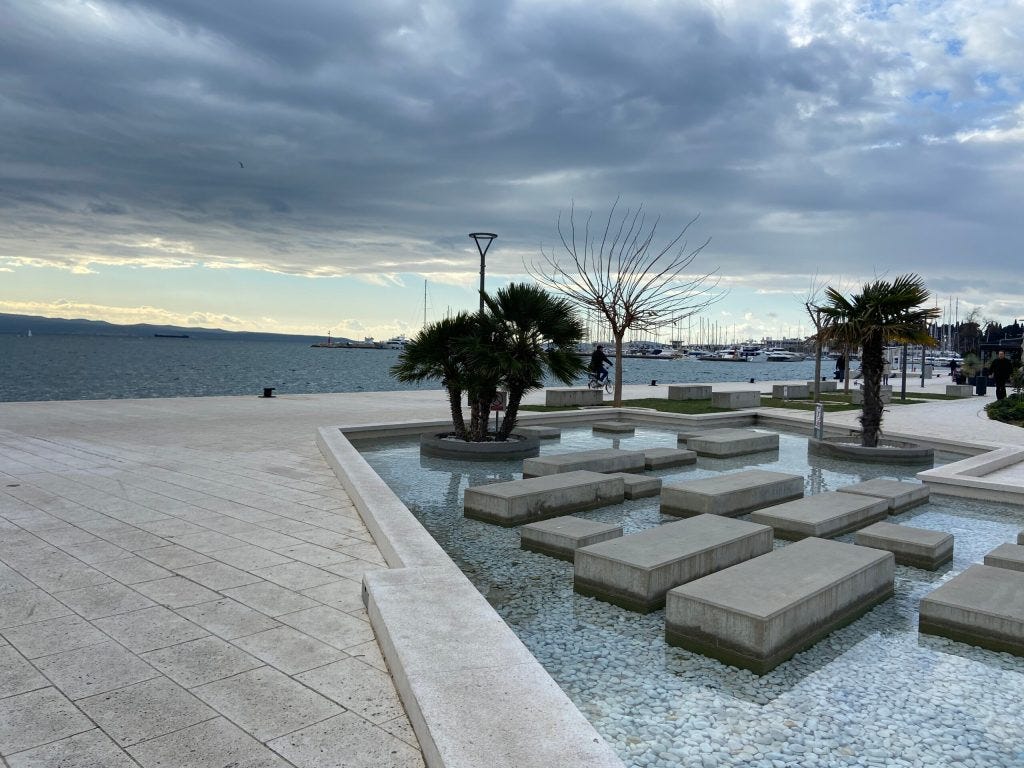Shape your Environment or Watch it Shape you
As a child, my older brother was bigger than me. Thus, I was physically vulnerable to him. He did not often abuse this power over me, but one day specifically, I remember crying to my mother that he had hurt me. Instead of coddling me, she recommended I get stronger. So I went into our backyard, out of sight from my brother, and tried to do a pushup. When I failed to do a pushup, my mentality changed. Becoming physically strong became a high priority for me.
Later in middle school, I began lifting weights because I wanted to impress girls. This continued into high school with my friends on the basketball team. Since going to college, however, I have mostly neglected this aspect of my health. So, this month when I began visibly adding muscle mass, I was slightly confused. After four years of stagnant physical strength, I was suddenly stronger.
How did this happen?
In the past year, I have lived in a handful of cities. During this time, my main hobby has been walking. (only because of inconsistent bicycle access) When I am not teaching or study, I pretty much walk, sometimes for hours a day. Anyways, there is something particular about my walk here in Manhattan Beach, California.
Manhattan Beach
I walk out the door and head four blocks downhill before ending up on "The Strand," MB's boardwalk. After about five minutes, I stumble upon a rudimentary gym consisting of a couple of bars and planks. At first, I ignored it. Then one day, I hung from one of the bars to stretch my back. The next day, I stopped to see how many pull-ups I could do just out of curiosity. Now, I end up there every day.
My system developed gradually. I am free to stop and exercise at the bars if I feel like it. Then, once feelings of agitation start to set in, I do two more sets to make sure I am pushing my physical boundaries. After that, I am free to continue walking. With this intuitive and straightforward system, I have achieved the best physical shape of my adult life in just three weeks.
Why has this worked so well?
I see two reasons; firstly, it is low commitment—no guilt for low output and effortlessly fits into my routine. Secondly, it feels like play rather than work. Compare that with the experience of forcing yourself to drive to the gym to walk on a treadmill.
Back to Croatia
A similar dynamic developed in January when I was living in Spilt, Croatia. Just west from Split's famous promenade and old city, there is a curious piece of architecture that looks like this:
Of course, I was inclined to skip across the blocks. Soon it developed into a habit, and every day I spent about 15 minutes flying back and forth over the blocks. It was the most intense cardio I've felt since playing basketball, and most importantly, it was the highlight of my day. Since leaving that beautiful piece of architecture, I have not experienced a similar inclination to hop around.
Take Back Control
Through these experiences, I now believe we falsely assume a higher level of control over our actions than is the case. In both of these situations, I did not consciously choose to exercise. Instead, I adapted to the environment I was in. This adapting is happening to all of us all the time, whether we are conscious of it or not. Thus, we need to better design our mindsets, homes, and cities to align with our long-term priorities.
Don't have a cookie jar
For example, there is a transparent cookie jar at my parent's house. When I lived there, I would often reach into that cookie jar multiple times a day, despite the mental pain of not treating myself with respect. Now, I have no visible sweets in the kitchen, and I never desire cookies. It is as simple as that.
In conclusion
Our environment has an outsized impact on our habits. Since it is often the little things we do every day that have compounding effects, our environment needs to contribute to healthy habits. Thus, mindful environmental design pays off big in the long run.
Places to implement:
If there is bicycle infrastructure,
Then people will ride bicycles.
If you place a journal on your pillow,
Then you never forget to journal.
If you sleep with your phone in another room,
Then you won't give yourself insomnia.
If you don't have junk food in house,
Then you wont eat junk food.
If you remove apps from your cell phone,
Then you won't waste time on phone.
If you block websites you shouldn't spend time on,
Then you won't spend time on bad websites.
If you download "news feed eradicator" chrome plug in,
Then you can't get sucked into a Facebook vortex
Can you think of any other ways to apply this principle?
P.S. Writing out If/then statements is a powerful way to induce behavioral change, but more on that in another post.






